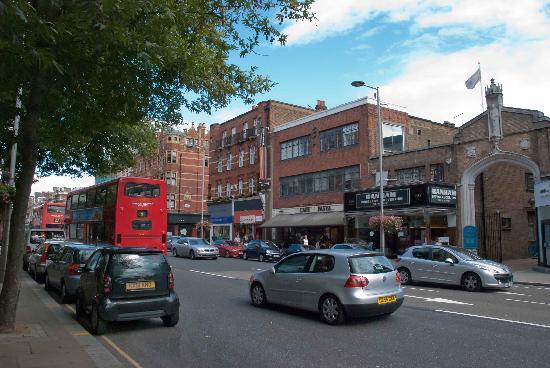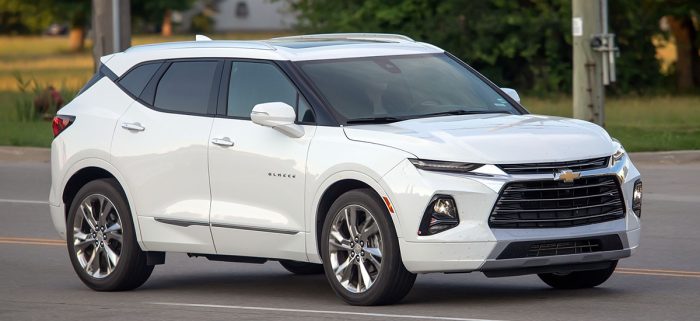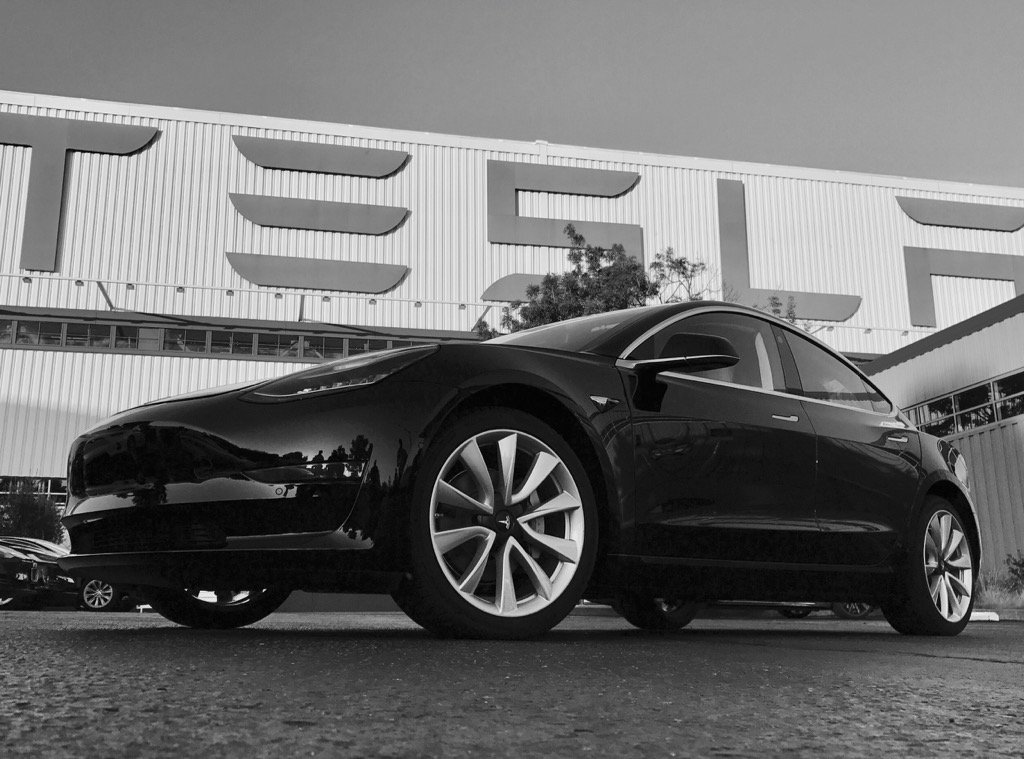Now Reading: 44 UK cities in violation of WHO air quality guidelines
-
01
44 UK cities in violation of WHO air quality guidelines
44 UK cities in violation of WHO air quality guidelines

Tantalum lays out the need for action and urges companies to join its Air.Car trial to support research into creating healthier cities
A new report by the Royal College of Physicians and Lancet Countdown, says that 44 UK cities are in violation of recommended World Health Organization (WHO) guidelines for air quality. This is just another piece of scientific proof that highlights the important need to resolve the UK’s air pollution crisis, states Tantalum Corporation, as it prepares to release the trial of its ground-breaking Air.Car effort.
The report’s authors, consist some of the most senior doctors in the nation, they said the UK government must act on air pollution as a matter of seriousness by broadening Clean Air Zones nationwide, and executing them quickly in the most contaminated cities. The Government’s own technical paper mentions quite clearly that charging Clean Air Zones, where older more polluting vehicles have to pay to get in, are the only way to lower pollution levels to legal limits.
“With air pollution levels signing up greater in Glasgow than in London, it’s not simply an issue for the Capital, and we are supporting demands for Clean Air Zones to be rolled out throughout the UK,” said Matthew Pencharz, Business to Government lead on the Air.Car task for Tantalum Corporation.
Tantalum calls for companies to join the trial of its Air.Car effort, a funded project to precisely approximate NOx emissions throughout the country. The information collected will be used to define how finest to reduce congestion and air pollution, in turn creating more healthier cities. World-leading engineering university Imperial College London will help in establishing and validating the technology to precisely estimate NOx emissions.
“The Government clearly has concerns about the monetary impact Clean Air Zones will have on chauffeurs, however smart technology such as Tantalum’s Air.Car, can charge individuals on the actual ecological effect of their journey, not the car they drive,” added Matthew Pencharz.
“This smart and reasonable method would enable drivers to reduce their own pollution emissions, which could be cut in half through better driving, and in turn pay a lower charge for driving in cities. Such a smart system would likewise catch co-benefits such as incentivising calmer driving thus making the roads safer. The bright side is that firms can play an important role in our ground-breaking research, permitting them to be a crucial influencer in cleaning up the air in our cities.”
Stay Informed With the Latest & Most Important News
Previous Post
Next Post
-
![2026 Toyota Hilux EV: A Powerful Truck with Silent Torque]() 012026 Toyota Hilux EV: A Powerful Truck with Silent Torque
012026 Toyota Hilux EV: A Powerful Truck with Silent Torque -
![2027 Mercedes-Benz S-Class Debuts with V8 Engine [Photo Gallery]]() 022027 Mercedes-Benz S-Class Debuts with V8 Engine [Photo Gallery]
022027 Mercedes-Benz S-Class Debuts with V8 Engine [Photo Gallery] -
![The Financial Benefits of Corporate Fuel Cards for Fleet Management]() 03The Financial Benefits of Corporate Fuel Cards for Fleet Management
03The Financial Benefits of Corporate Fuel Cards for Fleet Management -
![What Are the Most Reliable Jaguar F‑Pace Parts to Maintain SUV Safety and Comfort?]() 04What Are the Most Reliable Jaguar F‑Pace Parts to Maintain SUV Safety and Comfort?
04What Are the Most Reliable Jaguar F‑Pace Parts to Maintain SUV Safety and Comfort? -
![Performance Toyota Hilux Clutch Kits: Are They Worth the Investment?]() 05Performance Toyota Hilux Clutch Kits: Are They Worth the Investment?
05Performance Toyota Hilux Clutch Kits: Are They Worth the Investment? -
![Spy Shots: 2027 Mitsubishi Pajero Spotted in Testing Ahead of Possible U.S. Return]() 06Spy Shots: 2027 Mitsubishi Pajero Spotted in Testing Ahead of Possible U.S. Return
06Spy Shots: 2027 Mitsubishi Pajero Spotted in Testing Ahead of Possible U.S. Return -
![What Is the Cheapest Ford Truck? A Guide to Affordable Ford Pickup Options]() 07What Is the Cheapest Ford Truck? A Guide to Affordable Ford Pickup Options
07What Is the Cheapest Ford Truck? A Guide to Affordable Ford Pickup Options

![2027 Mercedes-Benz S-Class Debuts with V8 Engine [Photo Gallery]](https://speedlux.com/wp-content/uploads/2026/01/2027-Mercedes-Benz-S-Class-33-700x394.jpg)




















































